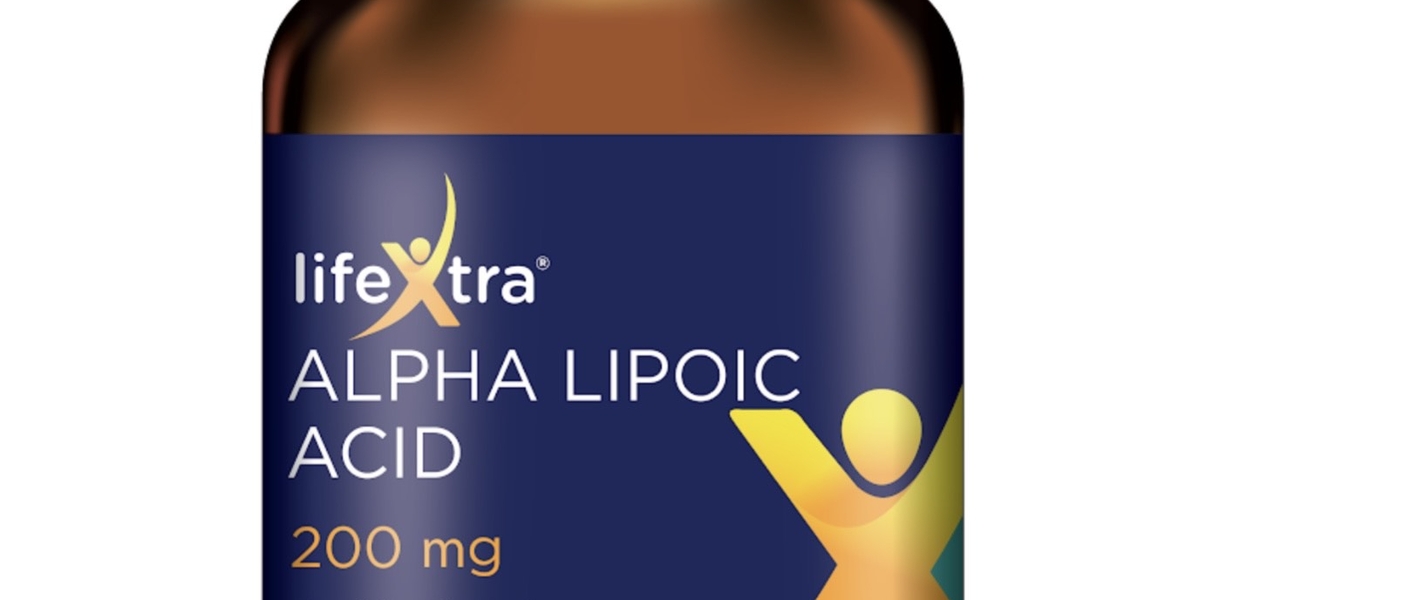
Alpha lipoic acid (ALA) is a naturally occurring compound that functions as a powerful antioxidant. Antioxidants help to protect cells from damage caused by free radicals. Free radicals are unstable molecules that can damage cells, leading to inflammation, disease, and aging.
ALA is unique in that it is both water- and fat-soluble, meaning that it can be absorbed and used by all cells in the body. ALA also plays a role in energy production and metabolism.
ALA has been shown to offer a wide range of health benefits, including:
The recommended dosage of ALA varies depending on the individual’s needs and the condition being treated. However, most studies have used dosages of 300-600 mg per day. It is important to start with a low dosage and increase gradually to avoid side effects.
ALA is generally safe and well-tolerated by most people. However, some people may experience side effects such as nausea, vomiting, diarrhea, and skin rash. If you experience any side effects, stop taking ALA and consult with your doctor.
When choosing an ALA supplement, it is important to select a high-quality product from a reputable manufacturer. Look for a supplement that is made with the R-alpha lipoic acid isomer, which is the most biologically active form of ALA. Avoid supplements that contain artificial ingredients, fillers, and binders.
Here Are Some Tips For Choosing A High-Quality ALA Supplement:
ALA supplements can be taken with or without food. It is best to take ALA in the morning or early afternoon, as it can interfere with sleep if taken too close to bedtime.
If you are taking an ALA supplement for the first time, start with a low dosage and increase gradually to avoid side effects. It is also important to talk to your doctor before taking ALA, especially if you have any underlying health conditions or are taking any medications.
ALA is produced naturally in the body, but it can also be obtained from food sources such as:
However, it is difficult to get enough ALA from food sources alone. Taking an ALA supplement is a more effective way to increase your intake of this important nutrient.
ALA is a powerful antioxidant. Antioxidants help to protect cells from damage caused by free radicals. Free radicals are unstable molecules that can damage cells, leading to inflammation, disease, and aging.
ALA is involved in energy production. ALA helps to convert glucose into energy, which is essential for all cellular functions.
ALA is important for blood sugar control. ALA helps to improve insulin sensitivity and reduce blood sugar levels.
ALA is neuroprotective. ALA can help to protect the brain from damage and improve cognitive function.
ALA is cardioprotective. ALA can help to reduce the risk of heart disease by improving cholesterol levels and reducing inflammation.
ALA is a safe and effective supplement that can offer a wide range of health benefits. If you are considering taking ALA, be sure to talk to your doctor first, especially if you have any underlying health conditions or are taking any medications.
ALA is generally safe for most people to take. However, there are a few safety precautions to keep in mind:
ALA is a powerful antioxidant with a wide range of health benefits. It can help to reduce inflammation, improve blood sugar control, protect against age-related diseases, improve cognitive function, boost athletic performance, and promote weight loss.
If you are considering taking an ALA supplement, be sure to talk to your doctor first. ALA may interact with certain medications and should not be taken by people with certain health conditions.
Disclaimer: Magnimore® Plus is not a substitute for professional medical advice. Always consult with a healthcare professional before taking any new supplement, especially if you have any underlying health conditions or are taking any medications. This product is not intended to diagnose, treat, cure, or prevent any disease.
Magnesium has been scientifically proven to be a cofactor in the essential function of more than 300 enzymes in the human body. You simply won’t feel right without it.